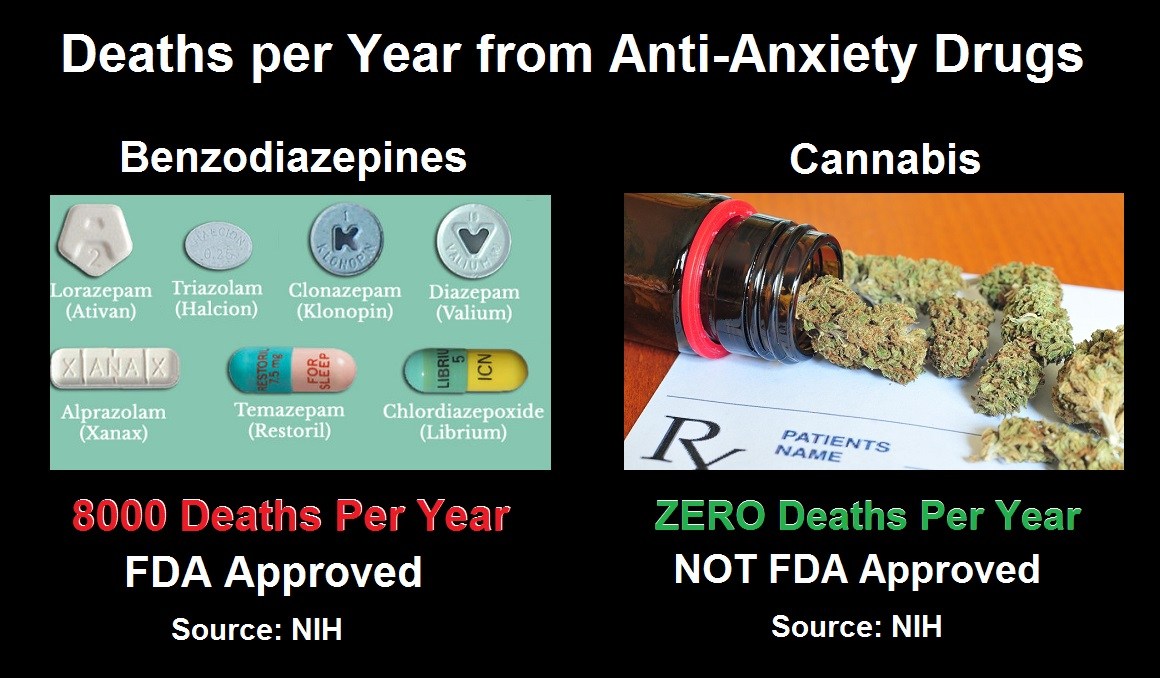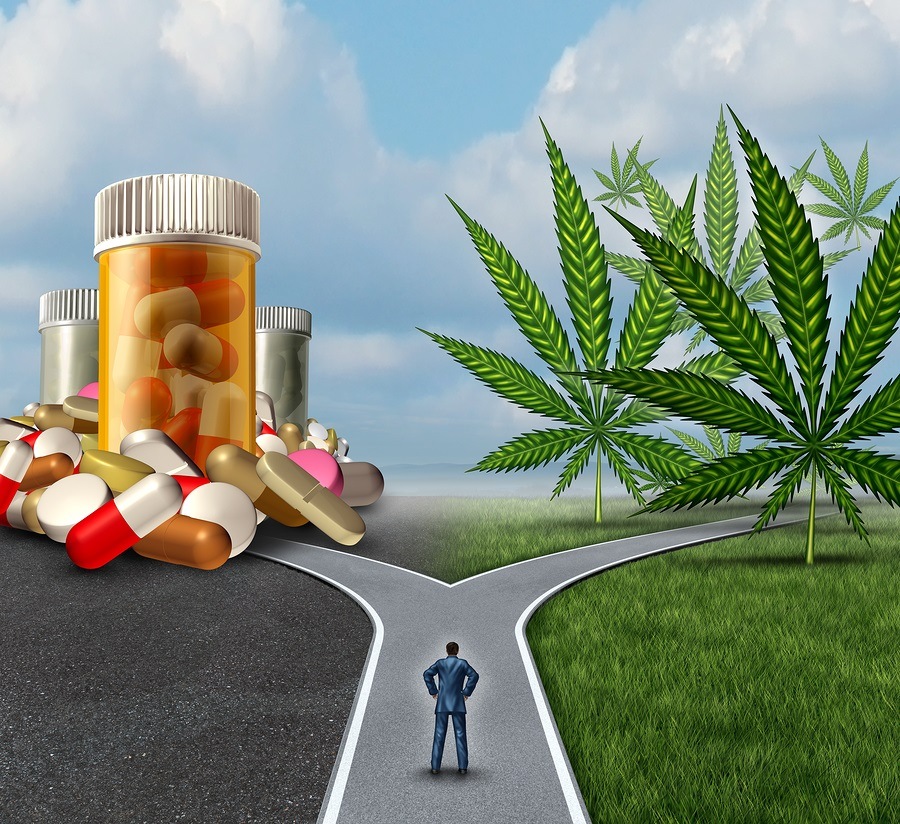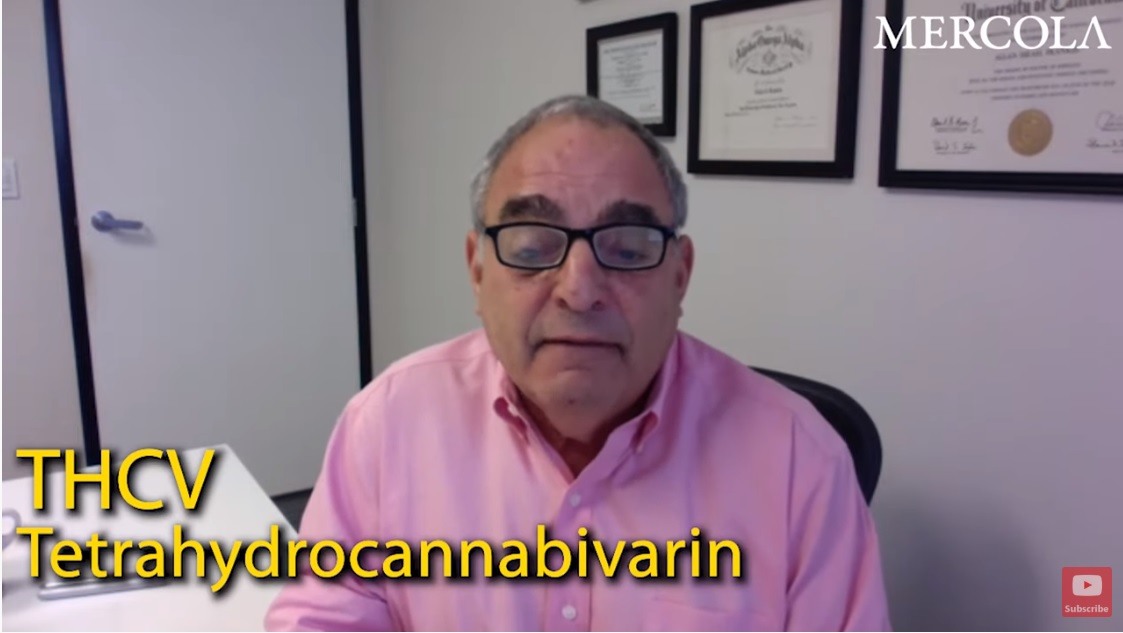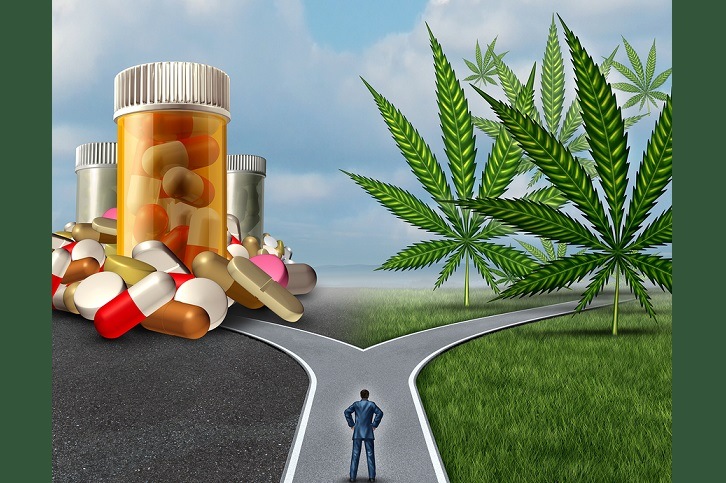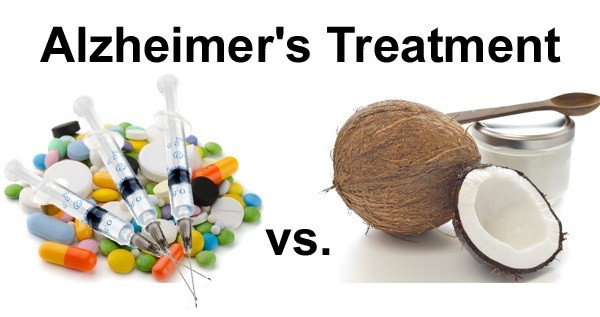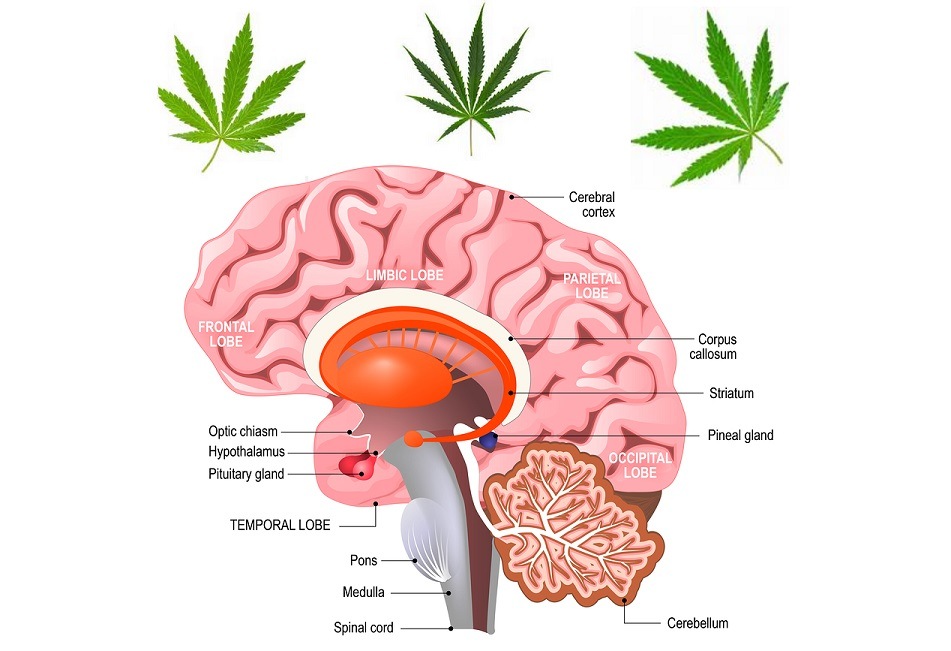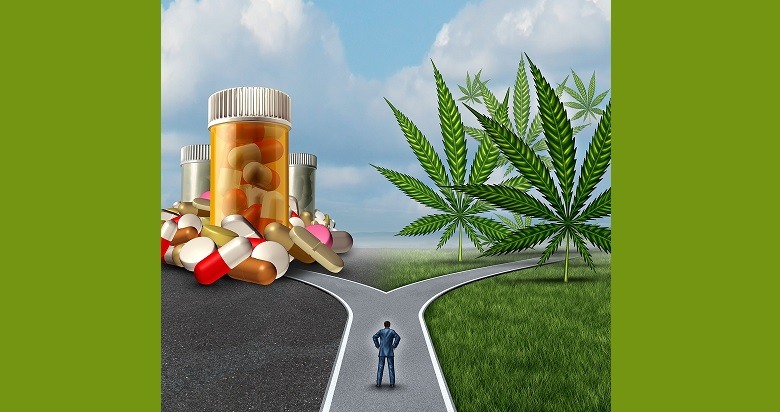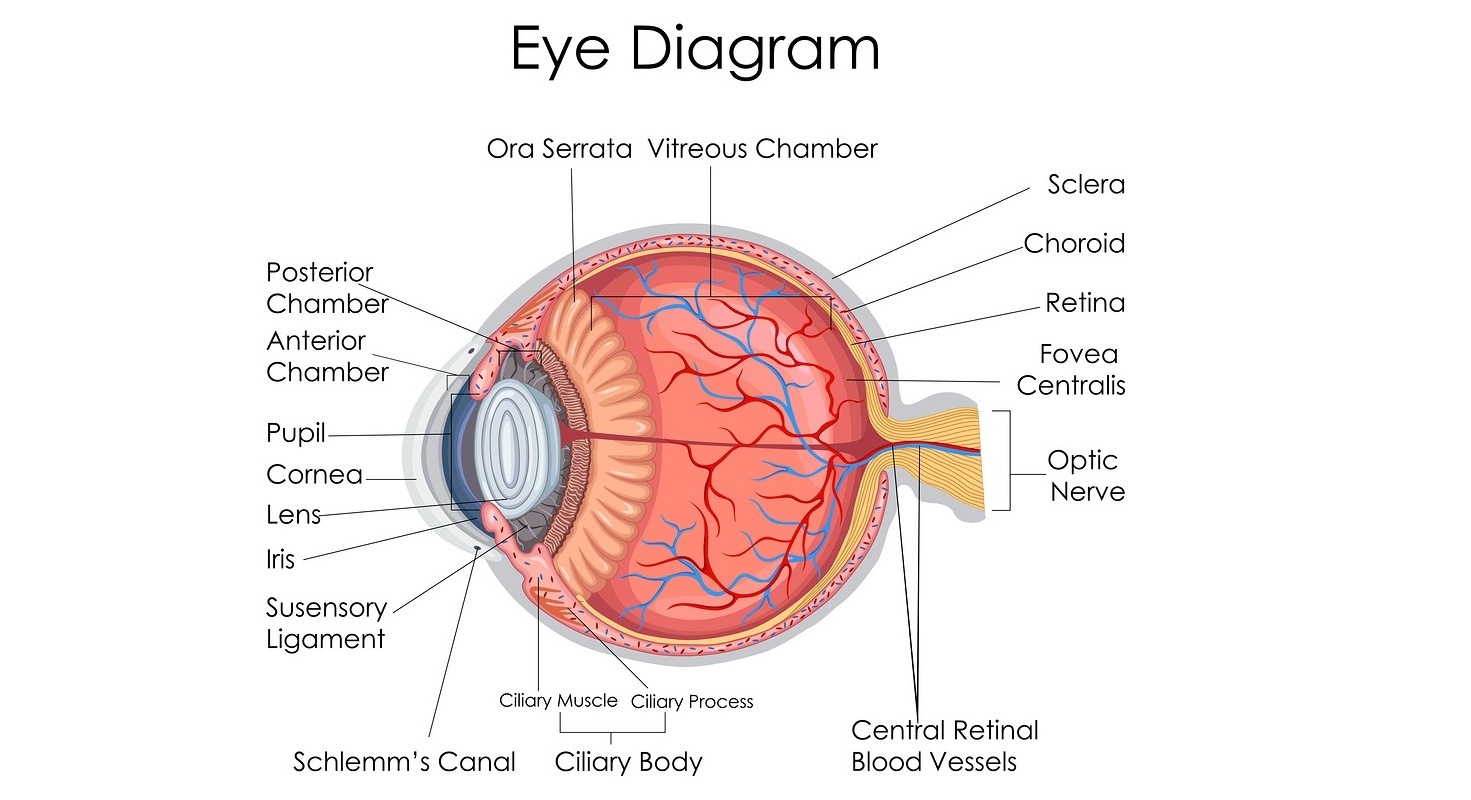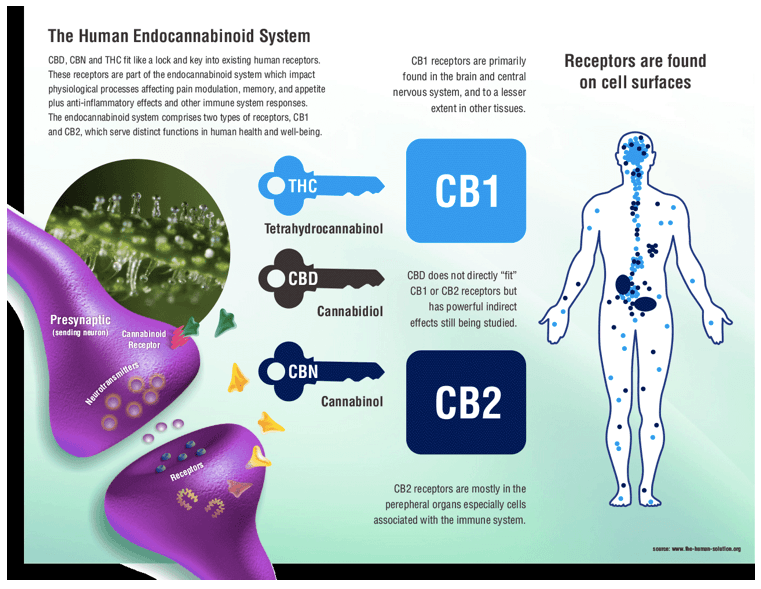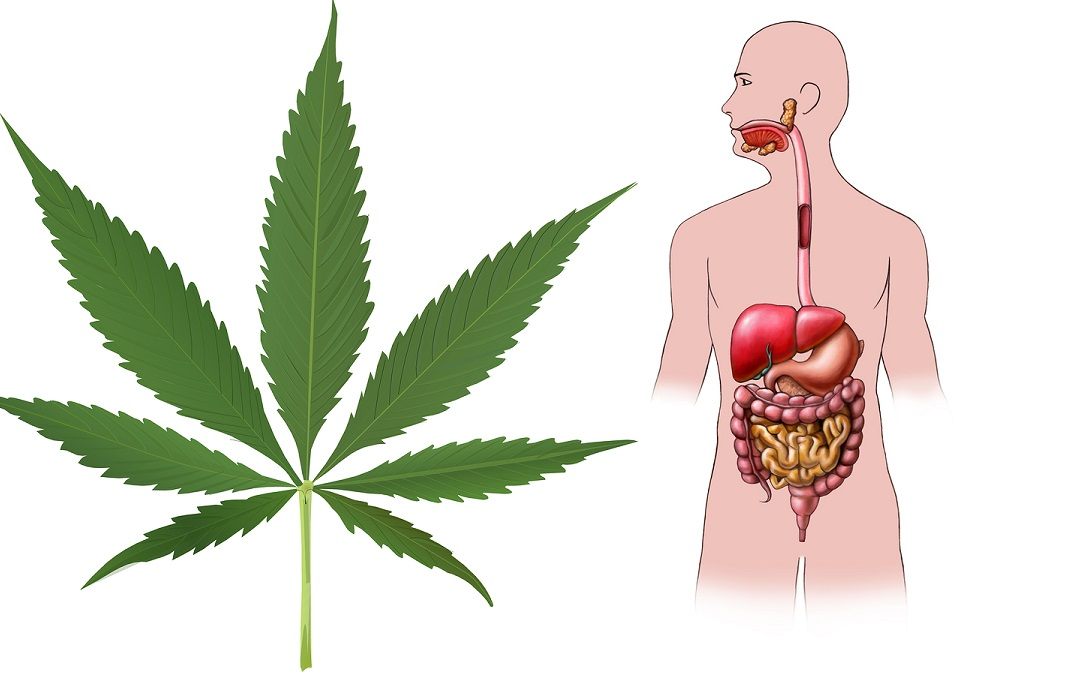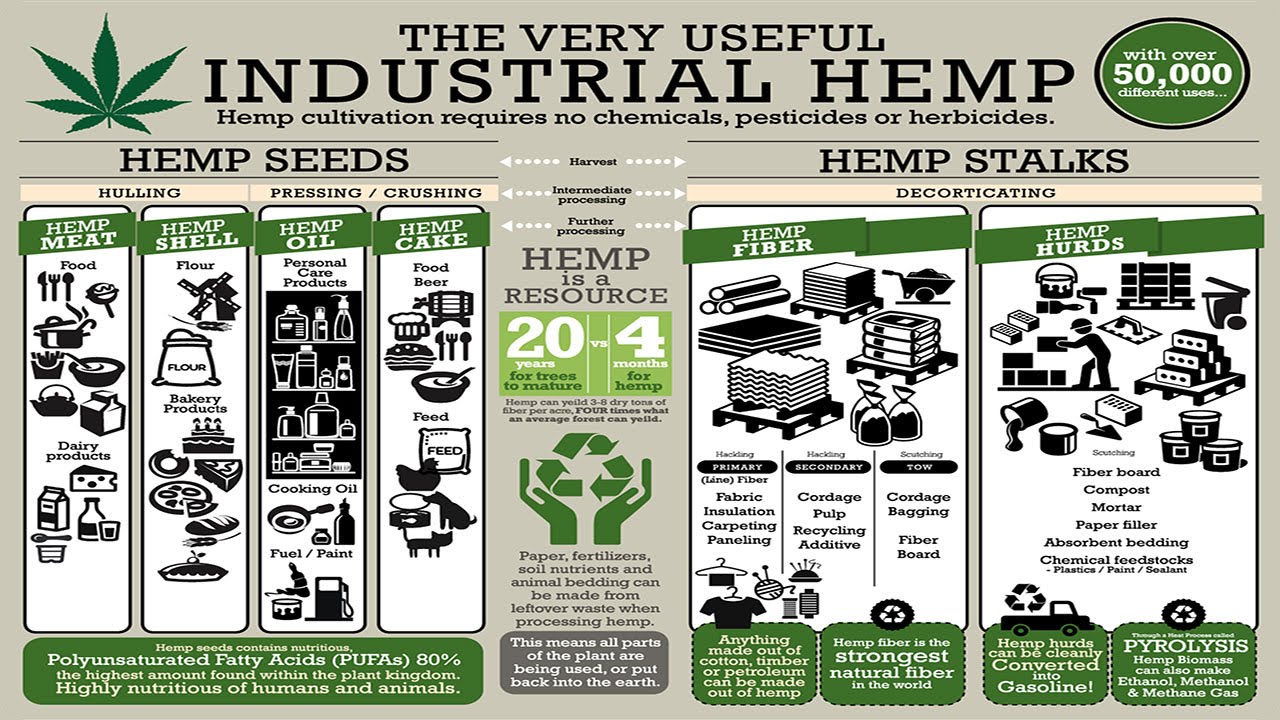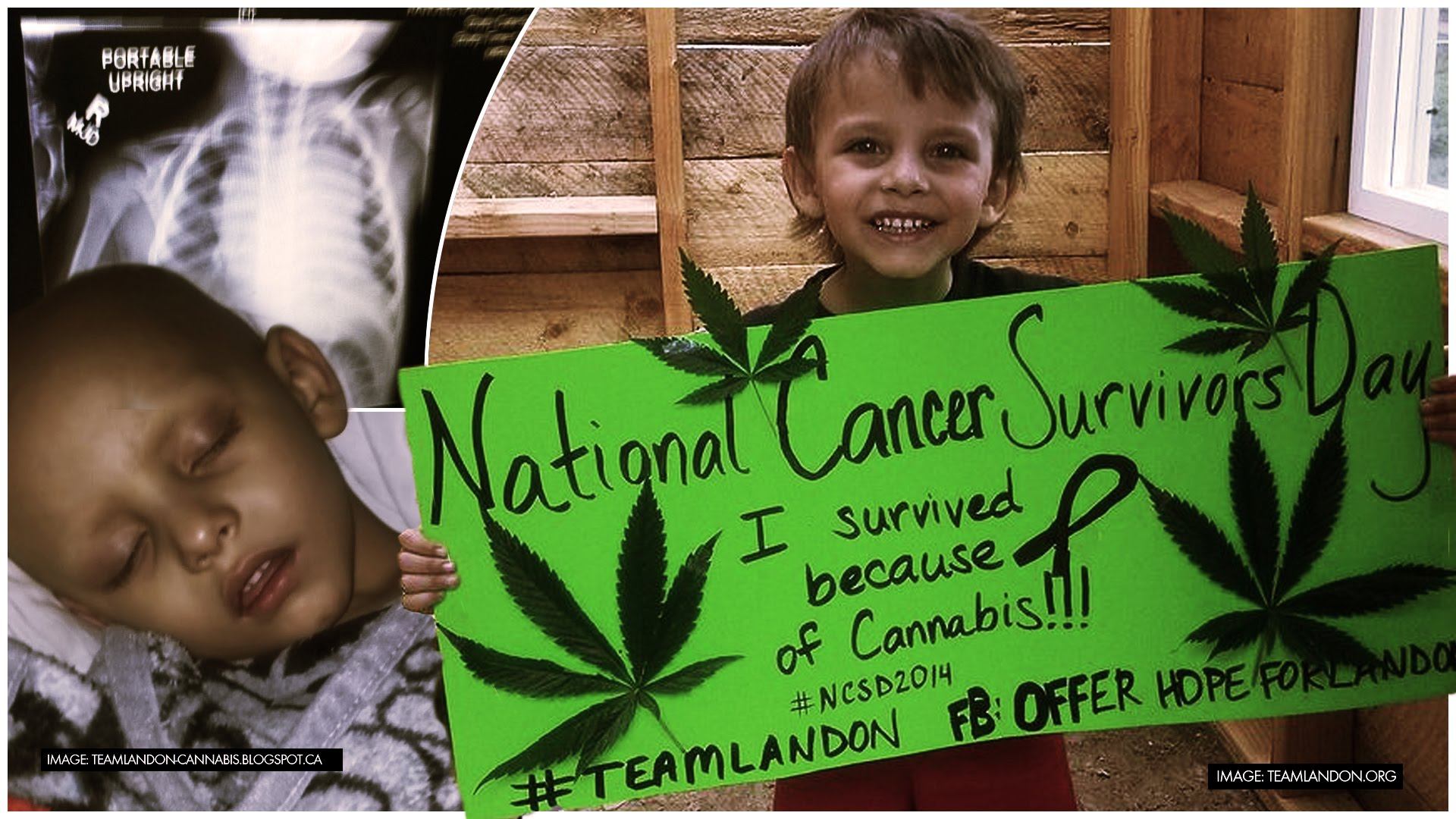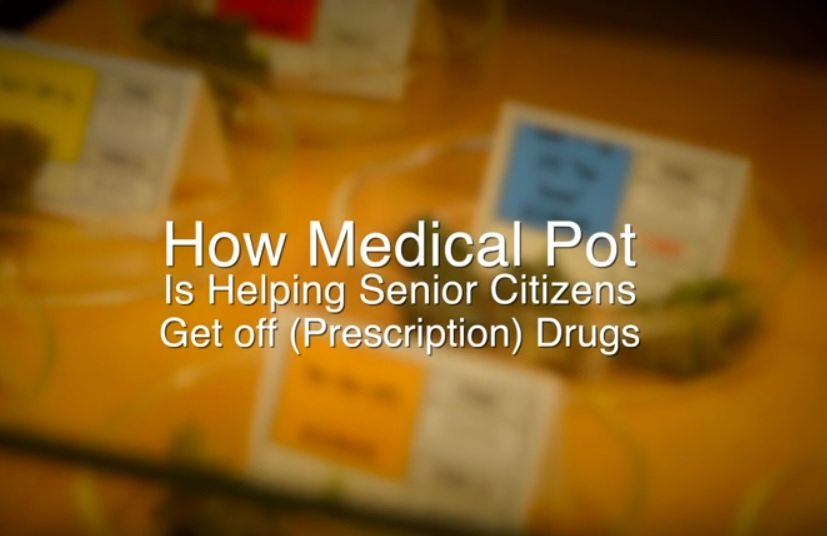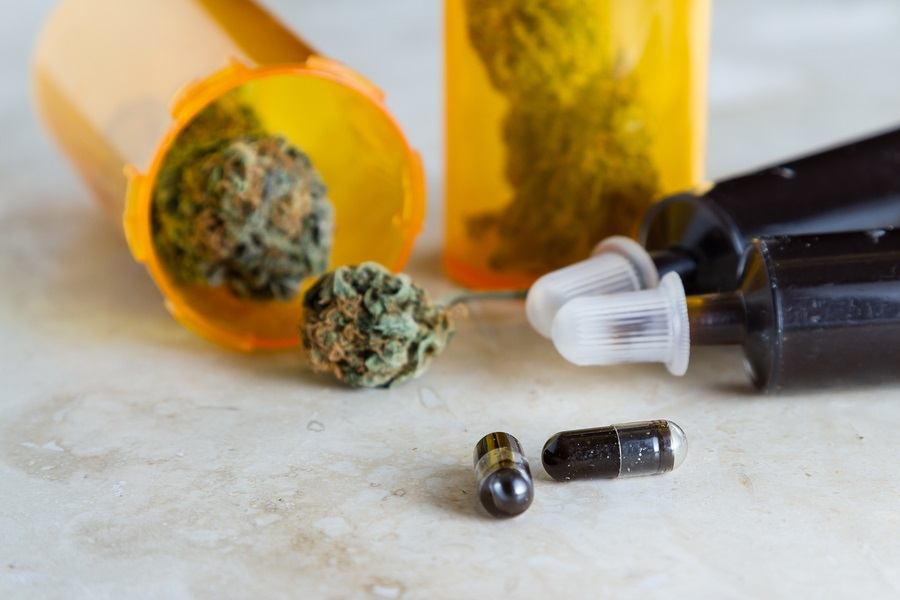Cannabis: The “Gateway Drug” Leading AWAY from Prescription Drug Addiction
There are currently over 32 million Americans using FDA-approved anti-anxiety prescription drugs (benzodiazepines), based on 2018 data. That includes almost 400,000 children under the age of 5 years old, and over 100,000 infants under the age of 1. According to a study published on the National Institute of Health (NIH) website in 2016, benzodiazepine prescriptions increased 4.1 percent in 1996 to 5.6 percent in 2013, a 37 percent increase, while deaths from benzodiazepine prescriptions increased from 0.58 per 100,000 adults to about 3 per 100,000 adults, or about 8,000 deaths per year, an increase of more than 500 percent. And these statistics are for just one class of anti-psychotic drugs, anti-anxiety (benzodiazepine) drugs. According to data from 2020, about 77 million Americans are taking some form of an anti-psychotic drug. Over 100 people die every day in the U.S. from prescription drugs (pre-COVID, that number would be much higher today), and over 50% of all drug deaths in the U.S. are from prescription drugs. By way of contrast, about 52 million Americans use cannabis (marijuana), which is still illegal at the federal level and not FDA-approved, and to date there has not been a single death attributed to cannabis use, according to the NIH. The corporate media and Big Pharma have been saying for decades now that cannabis use is a "gateway drug" leading people to become addicted to more dangerous drugs. Well, I think everyone agrees that marijuana is a "gateway drug", but a "gateway" leading in which direction? The evidence points to cannabis use as a "gateway" AWAY from deadly prescription drugs, such as opioids and anti-psychotics, and is also being used to help people stop drinking alcohol. Of course that means decreased revenues for Big Pharma, and not just for anti-anxiety drugs. Learn more about the "other side" of cannabis that threatens Big Pharma.




